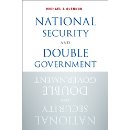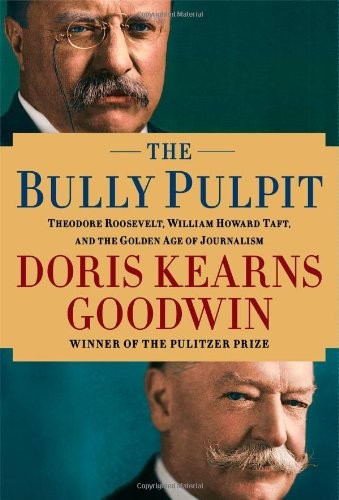Tag: american
-

National Security and Double Government
National Security and Double GovernmentMichael J. Glennon
-

The Mark Inside: A Perfect Swindle, a Cunning Revenge, and a Small History of the Big Con
The mark inside: a perfect swindle, a cunning revenge, and a small history of the big conAmy Reading; Alfred A. Knopf 2012 Â
-

The Bully Pulpit: Theodore Roosevelt, William Howard Taft, and the Golden Age of Journalism
The Bully Pulpit: Theodore Roosevelt, William Howard Taft, and the Golden Age of JournalismDoris Kearns Goodwin; Simon and Schuster 2013 As Frederick Jackson Turner observed in a seminal paper delivered during the American Historical Association meeting in Chicago in 1893, the frontier had closed, and a distinctive phase of American history had thereby come to…